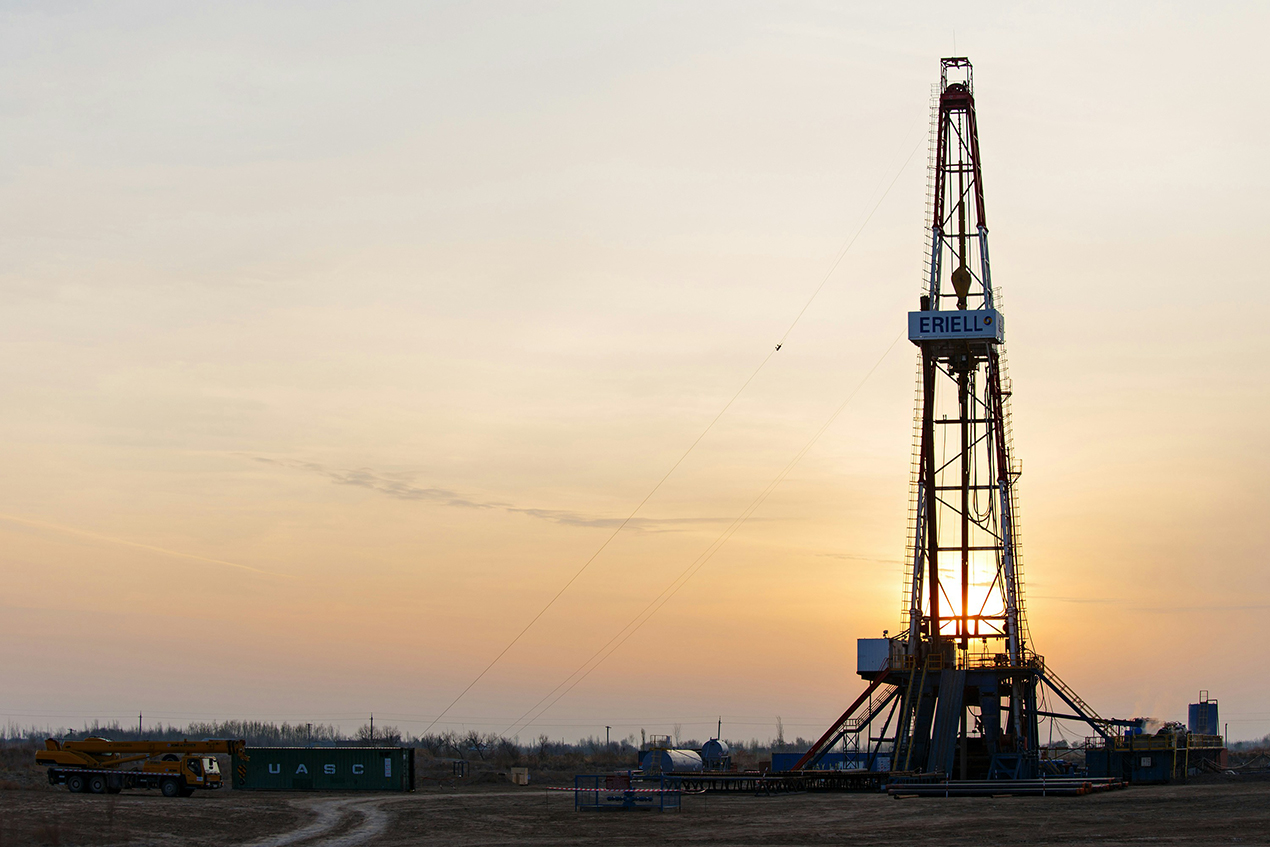News
Merkel and Barroso Focus on EU Constitution-Making and Energy Supply Issues
German Chancellor Merkel and European
Commission President Barroso said after the talks in Berlin on the 9th that the
two sides were very concerned about the EU constitution and the Russian oil
pipeline cutoff.
Merkel and Barroso emphasized that
resolving the issue of the EU Constitutional Treaty is one of the central tasks
of Germany's tenure as the rotating EU presidency. Merkel said solving the
problem would require the support of other EU member states. She reiterated
that Germany will formulate a plan to resolve the issue of the EU
Constitutional Treaty before ending its EU rotating presidency. She pointed out
that "the period of reflection on the EU Constitutional Treaty should be
over and a new round of negotiations will now begin". She said, "By
the time France takes over the EU's rotating presidency in 2008, the issue of
the EU Constitutional Treaty should be properly resolved to enable Europe to
act."
Merkel and Barroso agreed that another
important task during Germany's EU rotating presidency is to promote the EU to
reduce bureaucracy and create a good environment for the development of small
and medium-sized enterprises.
Both Merkel and Barroso condemned the
interruption of Russian oil supplies to some EU countries through Belarusian
territory. Merkel said that such an approach by oil supplier countries and
transit countries without consultation with European countries would undermine
trust on both sides. She believes that the EU should not be overly dependent on
energy imports, so it is very important to develop renewable energy and improve
energy efficiency. Barroso said the disruption to oil supplies was "unacceptable
and disturbing".
On the same day, the European Commission
and the German cabinet were divided into 16 working groups to hold talks in
Berlin, mainly discussing the work plan and priorities of Germany's rotating
presidency of the EU.

RELATED NEWS
- The U.S. Government Spends $3.9 Billion to Develop Smart Grids
- Middle East Oil Countries can Help Maintain Security in the Singapore-Malaysia S
- UAE: International Community must Redouble Efforts on Renewable Energy
- Gazprom Announces Second Quarter Natural Gas Prices for Ukraine
- India Becomes the Main Battlefield for Nuclear Power Competition among Countries
